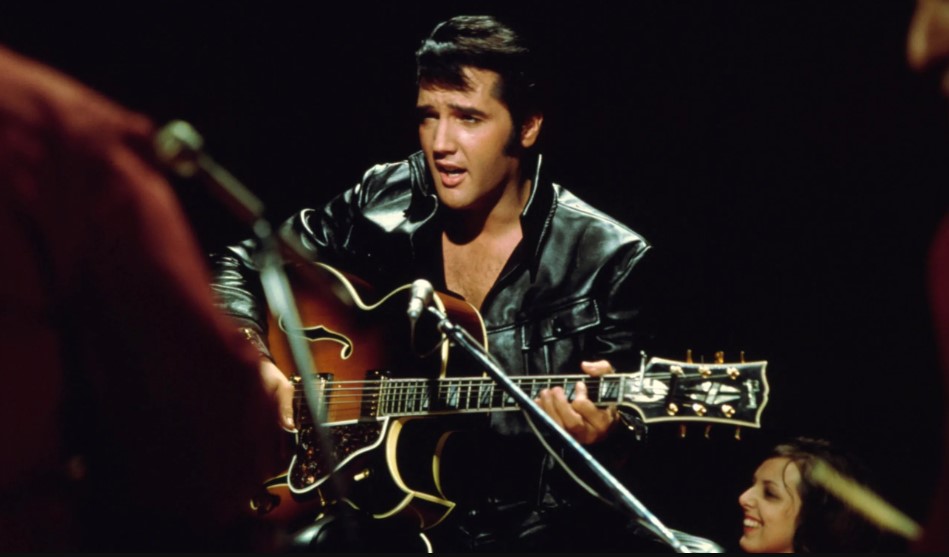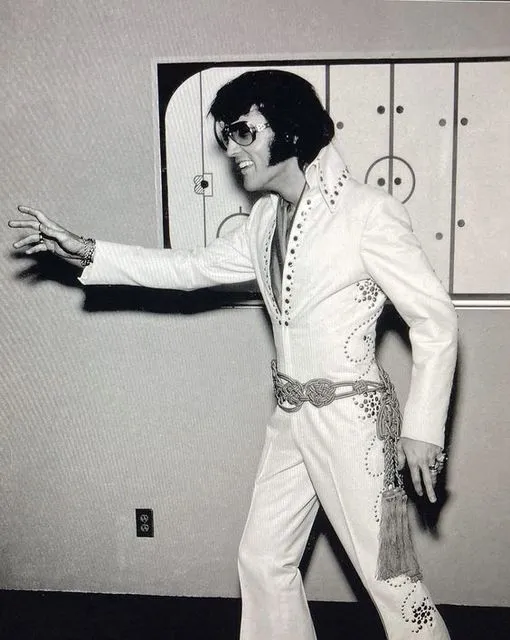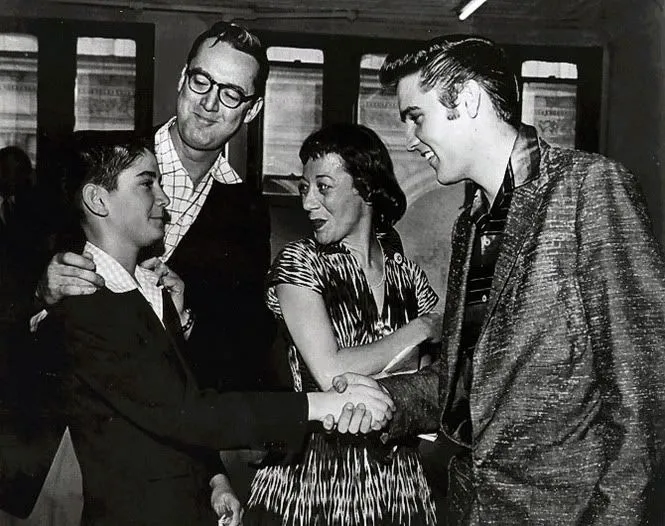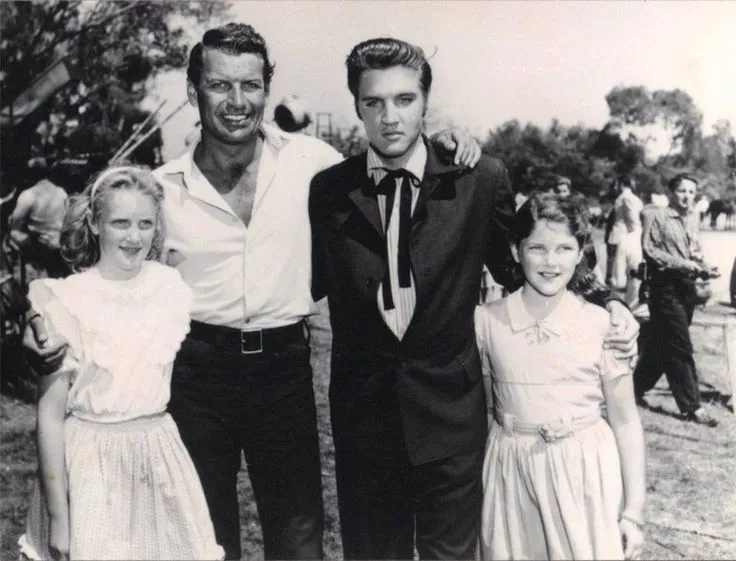Elvis Presley's meteoric rise in the 1950s wasn't just about his electrifying performances and undeniable charisma. Behind the scenes, a crucial partnership helped shape "The King's" film career: the unlikely but successful collaboration with veteran director Norman Taurog.

Norman Taurog, born in 1899, was a seasoned Hollywood veteran by the time Elvis arrived. He started his career in silent films, transitioned smoothly to "talkies," and established himself as a director known for light comedies and musicals. Elvis, on the other hand, was a young musical force with a raw energy that defied categorization. Their initial pairing seemed like an odd fit.

However, their collaboration blossomed into a surprisingly fruitful one. Taurog, affectionately nicknamed "Uncle Norman" by Elvis, recognized the young singer's charisma and potential. He understood the importance of showcasing Elvis's musical talent while crafting stories that resonated with his growing fanbase.

Under Taurog's direction, a formula emerged for what would become known as the "Elvis movie." These films typically featured Elvis as a charismatic soldier, sailor, or vacationer who gets caught up in a lighthearted romance, punctuated by musical performances. Critics often dismissed these films for being formulaic, but audiences loved them.

While these movies were commercially successful, Taurog wasn't simply churning out formulaic musicals. He pushed Elvis to develop his acting chops, evident in films like "GI Blues" (1960) where Elvis portrays a conflicted soldier struggling to adjust to civilian life. Taurog also gave Elvis opportunities to showcase his comedic timing, a talent often overshadowed by his musical prowess.

Beyond the director-actor dynamic, Taurog became a trusted confidante for Elvis. The young singer, thrust into superstardom at a breakneck pace, needed a steady hand. Taurog, with his experience and calm demeanor, reportedly offered Elvis a sense of stability and guidance. This paternalistic role likely contributed to Elvis's respect for Taurog's direction.

Their collaboration resulted in nine films, including some of Elvis's most iconic movies like "Follow That Dream" (1962), "Girls! Girls! Girls!" (1962), and "Viva Las Vegas" (1964). These films not only cemented Elvis's status as a pop culture phenomenon but also showcased his musical evolution. Taurog allowed Elvis to perform a diverse range of musical styles, from rockabilly to blues to even gospel-inspired ballads.

The collaboration eventually ended in the late 1960s as Elvis's management sought to push him towards more serious acting roles. However, their impact on Elvis's career remains undeniable. Taurog's films provided a platform for Elvis's musical talent to reach a global audience, shaped his cinematic persona, and offered him a creative space to hone his performing skills.

Norman Taurog retired from filmmaking in the late 1960s, passing away in 1981. Elvis Presley's tragic death occurred in 1977. However, their collaboration left a lasting impact on the music and film industries. The "Elvis movie" formula, though later criticized, paved the way for the jukebox musical genre. More importantly, it gave a generation a glimpse of Elvis's undeniable talent and charisma.

Elvis Presley's path to becoming the King of Rock and Roll involved several key players. Norman Taurog, the unassuming director with a knack for lighthearted entertainment, played a crucial role. Their collaboration, a testament to the power of unexpected partnerships, ensured Elvis's music and persona reached a global audience, forever altering the landscape of popular culture.








